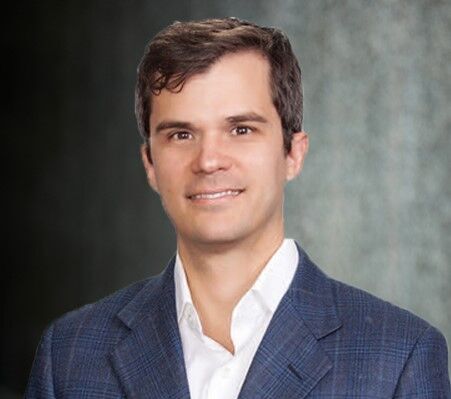The Epilepsy Institute of New Jersey is a team of board-certified neurologists and neurosurgeons who provide expert care for a variety of pediatric neurological conditions, including post-stroke epilepsy. Our team uses advanced diagnostic tools and innovative treatment techniques to ensure the best outcomes for your child.
The Physical Impact
Post-stroke epilepsy occurs when seizures develop after a stroke, which can be either ischemic (caused by a blood clot) or hemorrhagic (caused by bleeding into or around the brain). While strokes are less common in children than in adults, they can happen due to congenital heart conditions, blood clotting disorders, infections, or other underlying issues. When stroke-related injury to the brain’s blood vessels or tissue leads to seizure activity, the result is post-stroke epilepsy. This can further complicate a child's recovery, potentially causing additional challenges with movement, cognition, and daily functioning.
How Common Is This Condition?
Post-stroke epilepsy in children is relatively uncommon compared to adult populations, but it can still occur. The exact incidence depends on factors like the type of stroke, the location of the injury, and the child's overall health. Early recognition and prompt management of stroke symptoms are crucial to minimize long-term complications, including the development of seizures.
Risk Factors:
- Neonatal or pediatric stroke
- Congenital heart disease or blood clotting disorders
- Severe brain injury from hemorrhage or ischemia
- Underlying genetic or metabolic conditions that predispose to stroke
- Infections such as meningitis or encephalitis that can lead to vascular inflammation
Signs and Symptoms
Children who develop post-stroke epilepsy may experience a variety of seizure types, including focal (partial) seizures or generalized seizures. Common signs and symptoms include:
- Uncontrolled jerking of limbs or face
- Altered consciousness or staring spells
- Sudden loss of muscle tone (atonic seizures)
- Sensory disturbances like tingling or numbness
- Confusion or disorientation following a seizure
- Possible worsening of stroke-related deficits, such as weakness or speech difficulties
How We Diagnose
At the Epilepsy Institute of New Jersey, diagnosing post-stroke epilepsy involves a thorough evaluation of your child's medical history, the nature of the stroke, and any seizure episodes. Our diagnostic approach may include:
- EEG (Electroencephalogram): Records brainwave activity to detect abnormal electrical patterns.
- MRI or CT Scans: Evaluate the brain's structure and identify areas impacted by stroke, as well as any underlying lesions.
- Blood Tests: Check for metabolic or genetic factors that could predispose a child to strokes and seizures.
- Neurological Exams: Assess motor function, reflexes, and overall neurological status to guide personalized treatment plans.
This comprehensive approach ensures an accurate diagnosis and a targeted management strategy.
Treatment Options
Post-stroke epilepsy management focuses on controlling seizures, promoting recovery from the stroke, and optimizing your child's quality of life. Potential treatments include:
- Anti-Seizure Medications: Tailored to seizure type and frequency, balancing efficacy with potential side effects.
- Physical, Occupational, and Speech Therapy: Support stroke recovery and address functional or developmental deficits.
- Lifestyle Modifications: Regular follow-up, consistent medication use, and a healthy routine to reduce seizure triggers.
- Surgical Evaluation: In cases where seizures are difficult to control with medications, advanced options such as vagus nerve stimulation (VNS) or epilepsy surgery may be considered.
- Multidisciplinary Care: Collaboration with pediatric stroke specialists, therapists, and educators to ensure comprehensive support.
At the Epilepsy Institute of New Jersey, we create individualized care plans that prioritize both seizure management and holistic recovery from stroke.

Our Commitment to Your Child's Health
“I am neurosurgeon living in New Jersey, board-certified by both the American Board of Neurosurgery (ABNS) and Pediatric Neurosurgery (ABPNS). I specialize in the surgical treatment of complex epilepsy and serve as the Director of the Epilepsy Institute of New Jersey, Chief of Pediatric Epilepsy Surgery at Sanzari Children's Hospital, and Chief of Pediatric Neurosurgery at Children's Hospital of NJ, where I provide exceptional care for children with complex neurological conditions. Your child's health and well-being are our top priorities.”
